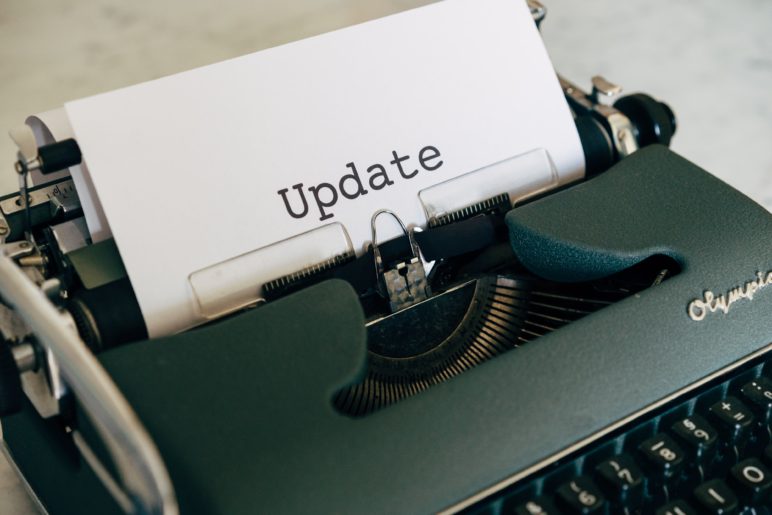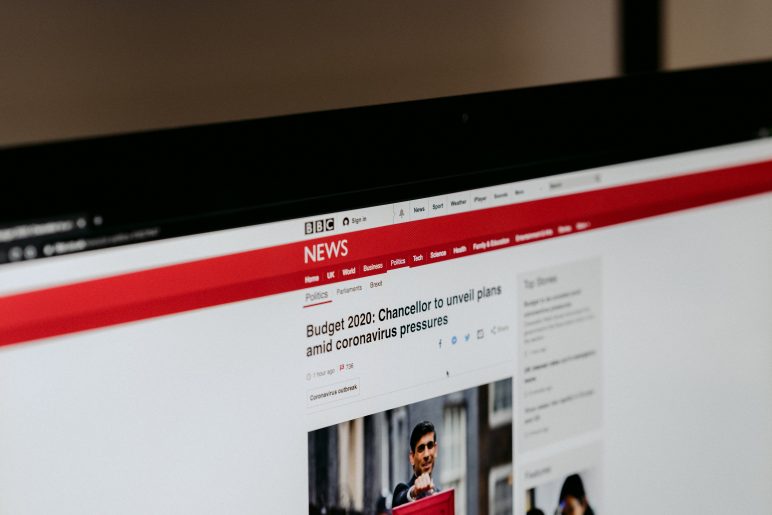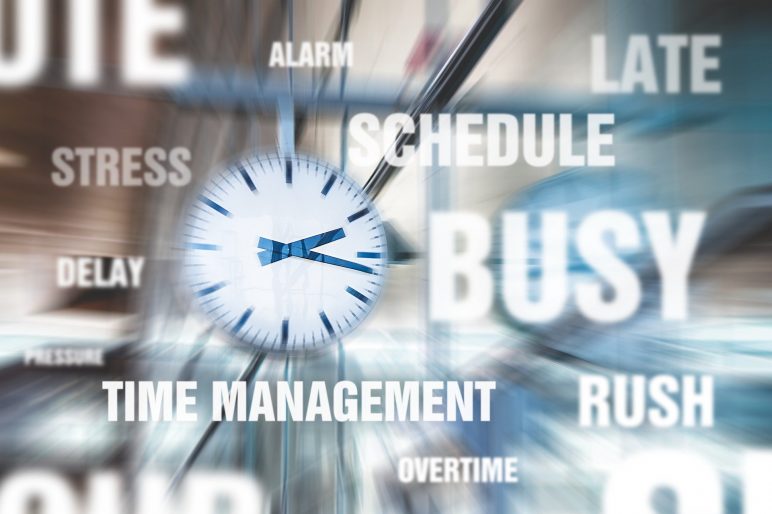In these uncertain times, we want to reassure you that Frost Wiltshire remains open for business and available to help you.
As a paperless business with robust IT arrangements for remote working, we are confident that we can continue to provide an excellent service to our clients, with minimal disruption as all members of the team work from home for the foreseeable future. Telephone calls to the office will be diverted to us, emails will be answered as usual and, where appropriate, we will conduct meetings normally done face-to-face via Zoom.
We do ask that you do not visit or send any paperwork to our office for the foreseeable future.
We recognise this is an extremely difficult period, so please do not hesitate to get in touch if you have any questions regarding your business or finances.
To help businesses navigate the coming months, we are developing a simple-to-use short-term cash flow forecasting tool which will be available soon; if this may be of interest to you, please get in touch and we can provide more details.
In the meantime, please find below a summary of the latest information (as of 1 April 2020) provided by the government and HMRC, which may be of relevance and assistance to you.
Whilst we may not be able to advise on some of these areas (particularly those not directly related to your accounts or tax compliance affairs), we will do our best to support and guide you, and will continue to update our website with latest news.
What are the latest government support offerings for business?
These include:
• Government grants to cover 80% of the salary of PAYE employees who would otherwise have been laid off during this crisis. Find out more information about this here.
• Government grants to cover 80% of self-employed income up to a level of £2,500 per month for a three month period. Find out more about this here.
• In very specific circumstances, it is possible that an extension to statutory accounts filing deadlines will be available if this is anticipated due to ill health. If you believe this applies, please contact us for more details. Please note that, as yet, there are no extensions to filing deadlines of statutory accounts due to other circumstances outside of this.
• HMRC Time to Pay scheme which may enable businesses and individuals in temporary financial distress as a result of Covid-19 to delay payment of outstanding tax liabilities. Find more about this here.
• Self-assessment tax payments on account due on 31 July 2020 have been deferred to 31 January 2021. Find out more about this here.
• VAT payment deadlines have been deferred, meaning businesses will not need to make VAT payments until the end of June 2020. Businesses will then have until the end of the 2020/21 tax year to settle any liabilities that have accumulated during the deferral period. Find out more about this here.
• Small and medium sized business will be able to reclaim statutory sick pay (‘SSP’) for absence due to COVID-19. For businesses with fewer than 250 employees, the cost of providing 14 days of SSP per employee will be refunded by the government in full. More information on this can be found here.
• For businesses in retail, hospitality and leisure, business rates will be waived for 12 months for 2020/21. More information can be found here.
• Grants to small businesses eligible for Small Business Rate Relief will be increased from £3,000 to £10,000. Please see more information here.
• Further £25,000 grants for retail, hospitality, and leisure businesses operating from smaller business premises defined as those within a rateable value between £15,000 and £51,000. Please see here for more details.
• The Coronavirus Business Interruption Loan Scheme expanded from £1.2m to £5.0m with an interest waiver for first 6 months. As well as loans, there are many other types of finance supported by the programme, depending on the provider and will offer more attractive terms for both businesses applying for new facilities and lenders. For further details on this, please follow the links here and here.
• A new lending facility from the Bank of England to help support liquidity among larger firms, helping them bridge coronavirus disruption to their cash flows through loans. More details can be found here.
• Potential availability of insurance claims for businesses advised to close are available; please see here.
If you have any questions, please do not hesitate to contact one of the team. Our email address is hello@frostwiltshire.co.uk and our telephone number is 01454 529529.
We wish you, your families and your businesses the best of luck and health in these challenging times.









